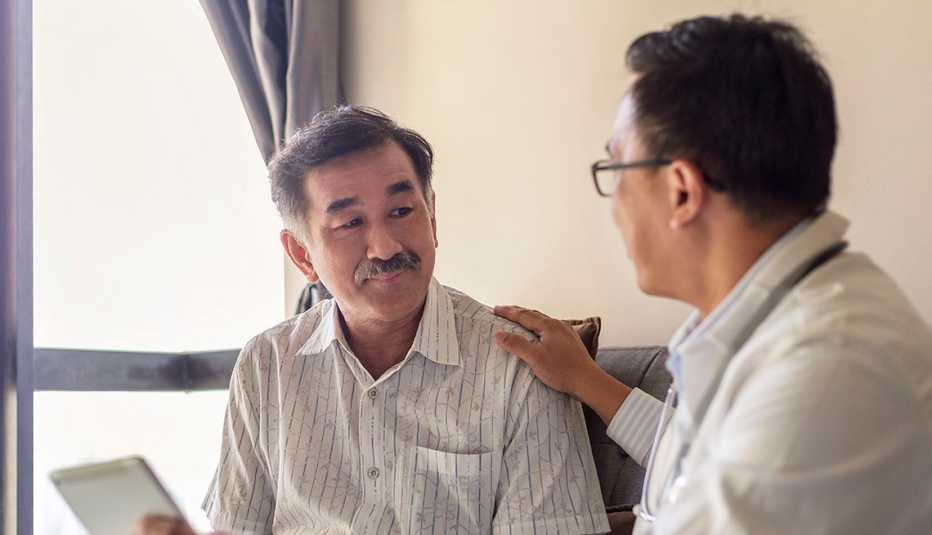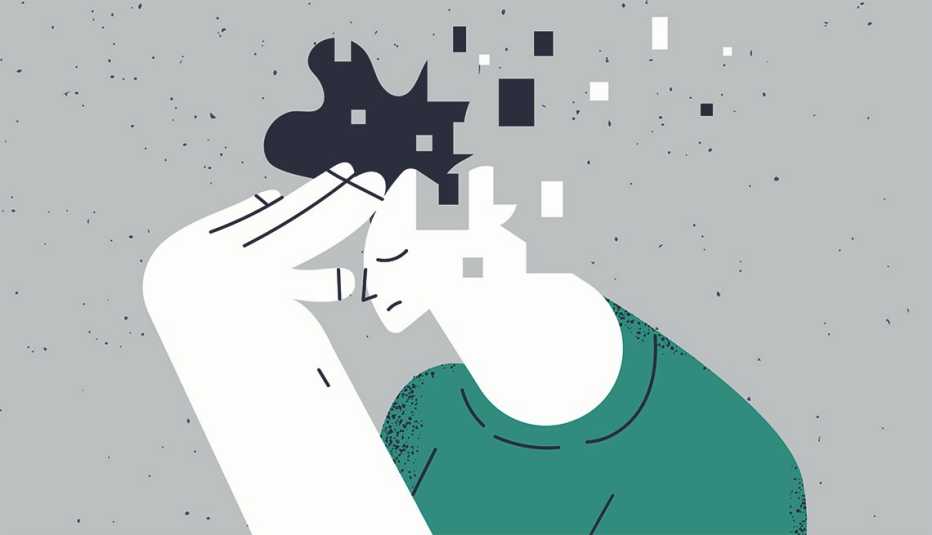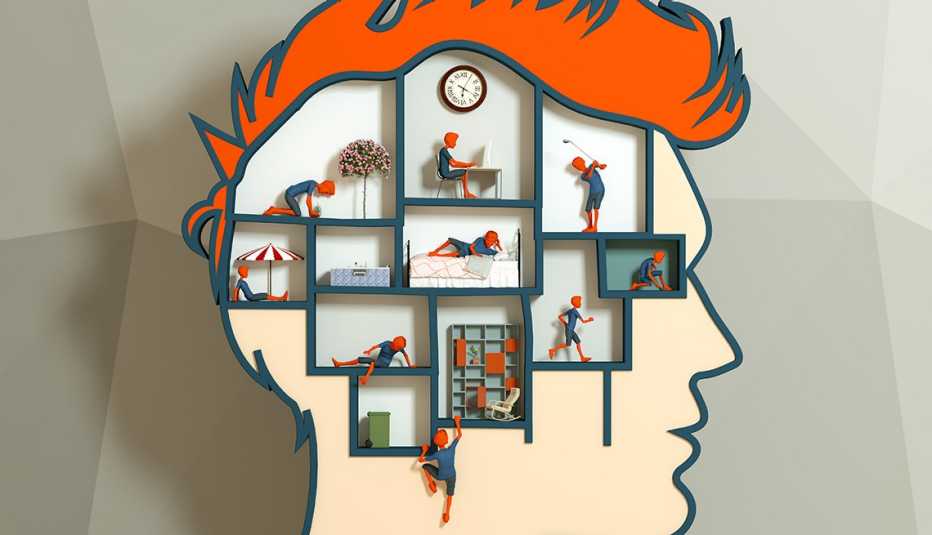Staying Fit
Not that anyone needs an excuse to take a holiday, but researchers in Australia suggest that a break from the daily routine has mental and physical health benefits, including for adults living with dementia.
“Medical experts can recommend dementia treatments such as music therapy, exercise, cognitive stimulation, reminiscence therapy, sensory stimulation and adaptations to a patient’s mealtimes and environment. These are all also often found when on holidays,” lead researcher Jun Wen, a lecturer in tourism and hospitality management in the School of Business and Law at Edith Cowan University, said in a statement.


AARP Membership— $12 for your first year when you sign up for Automatic Renewal
Get instant access to members-only products and hundreds of discounts, a free second membership, and a subscription to AARP the Magazine.
Wen and fellow researchers suggest in a paper published in Tourism Management that travel therapy, like music and art therapy, should be available to adults living with dementia. “This research is among the first to conceptually discuss how these tourism experiences could potentially work as dementia interventions,” he said.
Although some research has shown tourism’s health benefits for people in general, additional research is needed to demonstrate how it can enhance the lives of people living with diseases like dementia and depression, Wen said.
“Tourism is generally considered a form of leisure that liberates people from the everyday. The emotional states, thoughts, and unique memories evoked by tourism have the potential to positively influence the well-being of individuals with dementia,” the researchers wrote.



































































